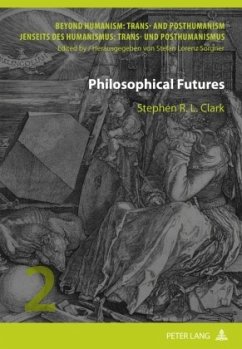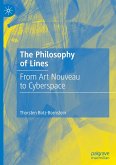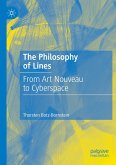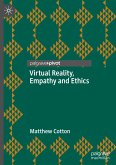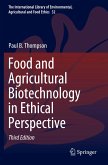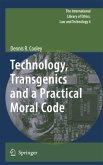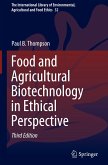Philosophical speculation and science fiction are united in this: what is now obvious is most likely to be false, or at best a transient mode of being. In exploring future possibilities, the author introduces science fiction writers and contemporary philosophers alike to the riches of their twin traditions. What is the likely future of our species? What sort of global religious feeling is likely to prevail? How far can we go in engineering living artefacts, or our own descendants? Are we on the cusp of a new reality, in which we shall have to choose how "human" we will remain, what seemingly obvious feelings and beliefs need to be revised or re-imagined? Is it even possible that we are living out a dream, devised by the last intelligences in the last days of the universe? What now exists seems to most of us to be obvious, or even eternal, but the truth is otherwise: even our most trusted intuitions and our most stable institutions (as they seem) could have been entirely different, and may be different again. Our ordinary life may be a dream and a delirium, as ancient philosophers thought, and our chief task is to wake up.
«(...) this book has much to offer. In particular it raises significant questions about the casual acceptance of much that is written about the implications of scientific and technological developments, and the inevitability of aspects of the future.
The book is published as volume two of a series entitled 'Beyond Humanism: Trans- and Posthumanism', but offers a challenge and an antidote to the sloppy writing about the future found in much current material under this broad umbrella. Clark demonstrates through careful analysis that what makes us 'human' is neither easily described nor readily discarded. He also shows convincingly that imagining the future sheds light on living humanly in the present. The author's fluent and readable style makes the book a pleasure to read. I recommend this stimulating book to anyone who wants to think seriously and widely about the future for humankind.» (Chris Wiltsher, Reviews in Science and Religion, Nov. 2013, No. 62)
The book is published as volume two of a series entitled 'Beyond Humanism: Trans- and Posthumanism', but offers a challenge and an antidote to the sloppy writing about the future found in much current material under this broad umbrella. Clark demonstrates through careful analysis that what makes us 'human' is neither easily described nor readily discarded. He also shows convincingly that imagining the future sheds light on living humanly in the present. The author's fluent and readable style makes the book a pleasure to read. I recommend this stimulating book to anyone who wants to think seriously and widely about the future for humankind.» (Chris Wiltsher, Reviews in Science and Religion, Nov. 2013, No. 62)

